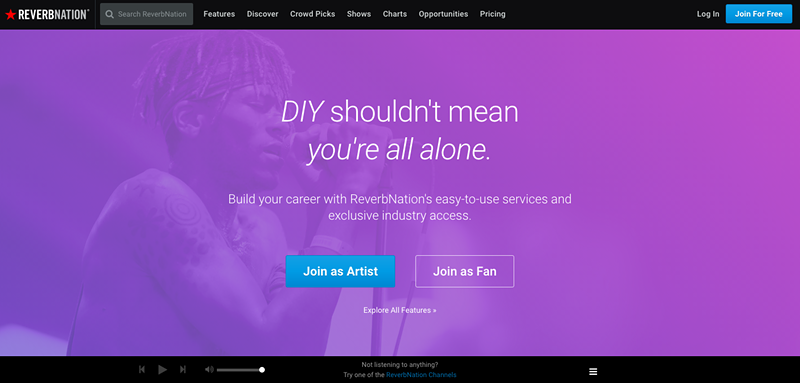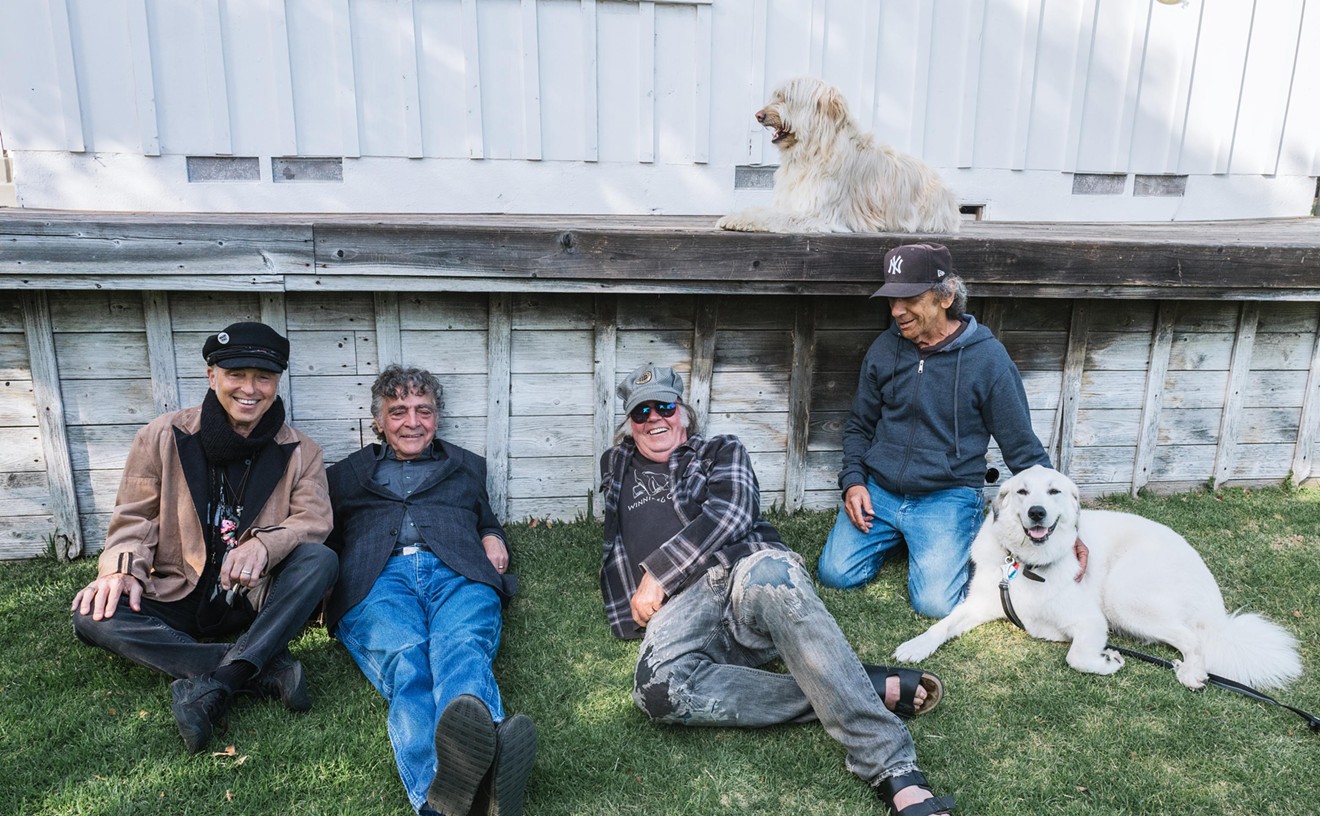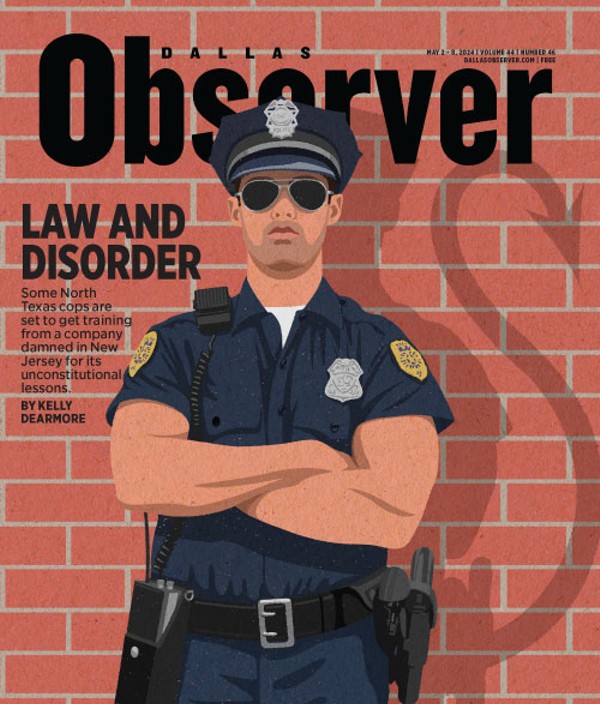Artists will always look for the best ways to promote their music. Since its inception, social media has been a hub for musicians to do just that. For a while, Myspace was the spot. In 2006, it surpassed Google as the most visited website in the United States.
The following year, after being purchased by News Corp for $580 million, Myspace’s value multiplied, eventually reaching a reported $12 billion before Facebook supplanted it as the go-to social media site. Now, most people cannot even remember the last time they used Myspace, which News Corp later sold for $35 million.
Around the same time Myspace hit its peak, a new platform for artists to manage their careers using internet-based tools was beginning to emerge. That platform was ReverbNation. It was not long before the site became a global leader in its field, according to Amplify Magazine. The site was meant to be a one-stop shop for musicians, Jed Carlson, co-founder of ReverbNation, said during a seminar at Duke University.
Some Dallas musicians, however, say they do not get what they want out of the site. This may be because other websites are better suited for their genres or they are simply not active enough on the site.
Dallas singer-songwriter Cameron Ray created his ReverbNation account in 2010. It was useful because it meant more exposure, he says. But times changed.
“There’s no use to it for me,” Ray says. “There’s no gain.”
“There’s no use to it for me. There’s no gain.” – Cameron Ray
tweet this
One feature on ReverbNation is the opportunities page, where musicians can enter endless contests that might win them a chance to play a festival or score them a record deal or some air time. Simon Perry, chief creative officer, says the more an artist tells the site about an act, the more the site will be able to help.
Many of these opportunities come free with a basic membership on the site, which costs about $13 per month or about $130 per year. ReverbNation will also send users emails when these opportunities arise.
“I think those things, the opportunities, are really just a way for ReverbNation, or the people that are sending you those opportunities, to make money off you,” Ray says.
Perry says this is not the case. To him, helping artists is part of the company’s DNA. He says the best way to promote ReverbNation as a company is through artists' success stories.
“If we don’t have success stories, we can’t market the site,” Perry says. “If our opportunities weren’t real and no one was selected for them, we would be out of business in six months.”
Steve Jackson, a Dallas singer-songwriter, says he has been a member on the site for about nine years. No one he has ever heard of has been chosen after submitting for these opportunities. Perry says that is the point behind the opportunities the site provides.
“It’s always the bands you haven’t heard of that win because we’re trying to get a band that wouldn’t otherwise have an opportunity to be exposed. We’re trying to expose that act,” Perry says. “The fact that you don’t know who they are means that I’m doing my job. It means that the systems are working.”
Jackson says people should use ReverbNation’s free services, such as the Curation and Connect programs.
“I don’t really see anything wrong on the freebie aspect of it,” Jackson says. “They also have a curation department where they go in and listen to, they say, each and every song on the website, and they’ll come through and they’ll flag it for possible sales for [different] media.”
In an interview with Business Insider about the site’s Curation and Connect programs, Perry called ReverbNation the Facebook of music.
“I think it’s more like a Myspace for artists,” Jackson says. “Personally, I’ve since pulled everything off the shelf sales-wise on ReverbNation and just went with my own website.”
According to a Houston Press article comparing the site to others like Spotify, SoundCloud, Bandcamp and Apple Music, ReverbNation is one of the smallest in its industry, with only about 4 million users. Perry says these companies are not really comparable because they provide different services and often work together.
“We have really good relations with Bandcamp and SoundCloud, you know; those are people we speak to a lot, and we try to build products that are sympathetic with the kind of broad ecosystem of other platforms,” Perry says.
Arik Harris, bass player for Dallas band Jared and the Jewelers, says he started using ReverbNation in 2011. However, after uploading some of his first tracks on SoundCloud two years later, Harris says he never used the site again. This is because sites like Bandcamp or SoundCloud are more straight forward and all about the music, he says.
“It’s like ReverbNation tried to work itself as a social network,” Harris says. “I think what better suits a musician like me is just something that allows you to just share your content. I pretty much stopped using it because people stopped recognizing it.”
Perry says other sites are sometimes specific to genres and communities. A hip-hop record label, he explains, might not fit well with a site like Bandcamp because SoundCloud caters more to the genre of the artists it produces.
“I think for that reason, we’ve always encouraged all of our artists to be in as many places as they can be,” he says. “We’ve always wanted to work with other companies to the benefit of independent artists.”
Although it is impossible to know which one of these sites will produce the next big hit in the industry, Perry says others are passive in their approach. For example, if an artist uploads a song to Bandcamp, it is just going to sit there on the internet, he says. In contrast, ReverbNation has helped 22 artists get signed to labels in the last six months.
“I would challenge [anyone] to ask SoundCloud or Bandcamp if they’ve actively, not passively, worked with 50 independent labels to try and connect them with artists they can sign. The fact that nobody else has done that is what makes us different,” Perry says.“I would challenge [anyone] to ask SoundCloud or Bandcamp if they’ve actively, not passively, worked with 50 independent labels to try and connect them with artists they can sign." – Simon Perry
tweet this
While artists have different preferences as to where they like to share their music, there is potential to be discovered on all of these sites. Artists like Post Malone and Bryson Tiller both released their songs to stardom on SoundCloud. Similarly, bands like Alabama Shakes and Imagine Dragons were discovered on ReverbNation.
“Why do you have to choose? Be everywhere,” Perry says. “Be in as many places as you can. Finding an audience for an independent artist is about piecing together small audiences from around the world and building them into one audience.”












